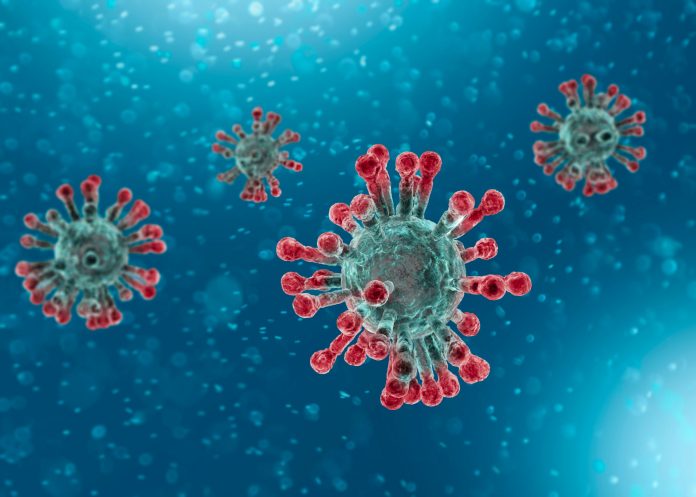Positive results in an anti SARS-COV-2 screening program for three natural compounds have made significant progress in research for not just as a potential natural vaccine to fight SARS-COV-2 but also as a formula that can kill SARS-COV-2 infected lung cells quickly.
The Australian UPcare Group have successfully identified that one of their natural compounds, UP-A can successfully inhibit SARS-COV-2 infection in Vero cells.
A preliminary screen conducted under contract by the Doherty Institute and Monash University showed low micromolar inhibition of SARS-COV-2 by UPA and similar levels of inhibition when combined with UPcare’s other compounds UPU and UPP.
These results and potential synergistic effects are to be confirmed and explored further.
The UPcare Group says the three natural compounds namely UPA, UPU, and UPP are botanical extracts that have been used in medicinal formulations for centuries. They are derived from loquat, knotweed and chiretta.
Two of the natural compounds UP-U and UP-P are present in UPcare Groups product UPplus KBD Spray, which is currently being sold over the counter and online as a TGA and FDA approved respiratory health and immune boosting product.
The UPcare Group, which is currently privately funded, are now in the process of raising a further $50 million AUD to carry out the human trials required to prove their TGA-approved products, UPplus A Spray and UPplus A Capsules, containing all three compounds can also eliminate SARSCOV-2 in infected individuals.
Manufacturing for the UPplus A Spray and UPplus A Capsules will begin early 2021.
If the UPcare Group’s human trials are successful it will be approved as a natural formulation available on the global market in the fight against SARSCOV-2.










